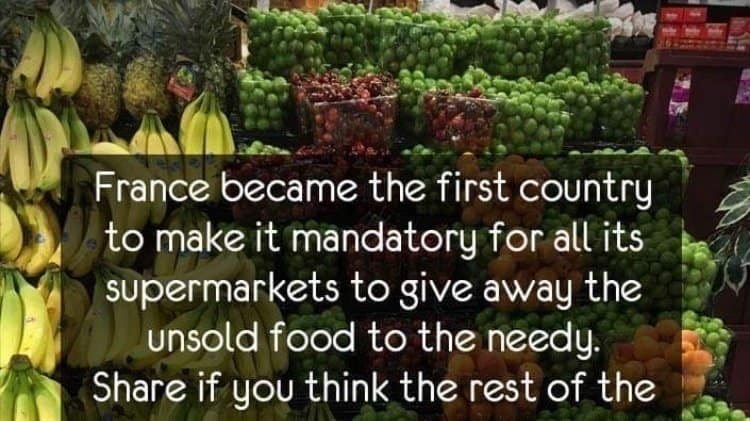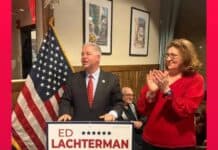
From the desk of Greenburgh Supervisor Paul Feiner
One in seven New Yorkers do not have enough food. Yet supermarkets throw out good edible food daily . . . and send it to landfills for disposal. Based on a law developed in Greenburgh, Governor Cuomo has signed a law providing that large supermarkets statewide are required to make excess edible food available to religious or other non-profit organizations which provide food for free to the needy.
The law was developed by the Greenburgh Conservation Advisory Council and Greenburgh Councilman Ken Jones. The law is modeled after the French law adopted in 2016, which was passed unanimously by the French Parliament. Mike Sigal, Vice-Chair of our CAC, and his wife learned of the law while in France, and Mike then arranged to meet with the French legislator who authored the law. The CAC and Councilman Jones then adapted the French law to American legal terminology and practices.
The Town Board immediately passed a resolution urging adoption of the law. The Westchester County Board of Legislators, the Town of Bedford, the Town of Mamaroneck and the Village of Pleasantville also passed resolutions urging adoption.
Councilman Jones and Mike Sigal met several times with our State Assemblyman Tom Abinanti and our State Senator Andrea Stewart-Cousins. Assemblyman Abinanti introduced the bill and guided it through the legislative process. The Act was passed overwhelmingly on a bi-partisan basis by the Assembly 136 – 2 and the Senate 48 – 12.
Large supermarkets, on a daily basis, cull their shelves of food that don’t meet their cosmetic standards or are reaching their “best by” date. This food is still edible and nutritious. The State estimates that 2.8 million children, seniors and other New Yorkers face hunger and food insecurity. At the same time, fossil fuels are being burnt to transport the food to solid waste landfills, where the waste decomposes and creates environmentally harmful gases. As Westchester County Legislator MaryJane Shimsky, who also contributed to developing the law, observes: This is a humanitarian disgrace, with adverse environmental impacts.
The law is simple. Excess edible foods are made available by a supermarket to religious and other not-for-profit organizations who have requested in writing to collect the food from the supermarket. This fits into their existing system of food collection. The law thus increases the availability of food supply for the purpose of feeding the needy. Collaterally, supermarkets may even save some money by not having to pay to have food carted away by commercial disposal companies.
The law becomes effective in June 2021. I plan to contact all the supermarkets within the town next week and will encourage each of them to implement the law sooner.





